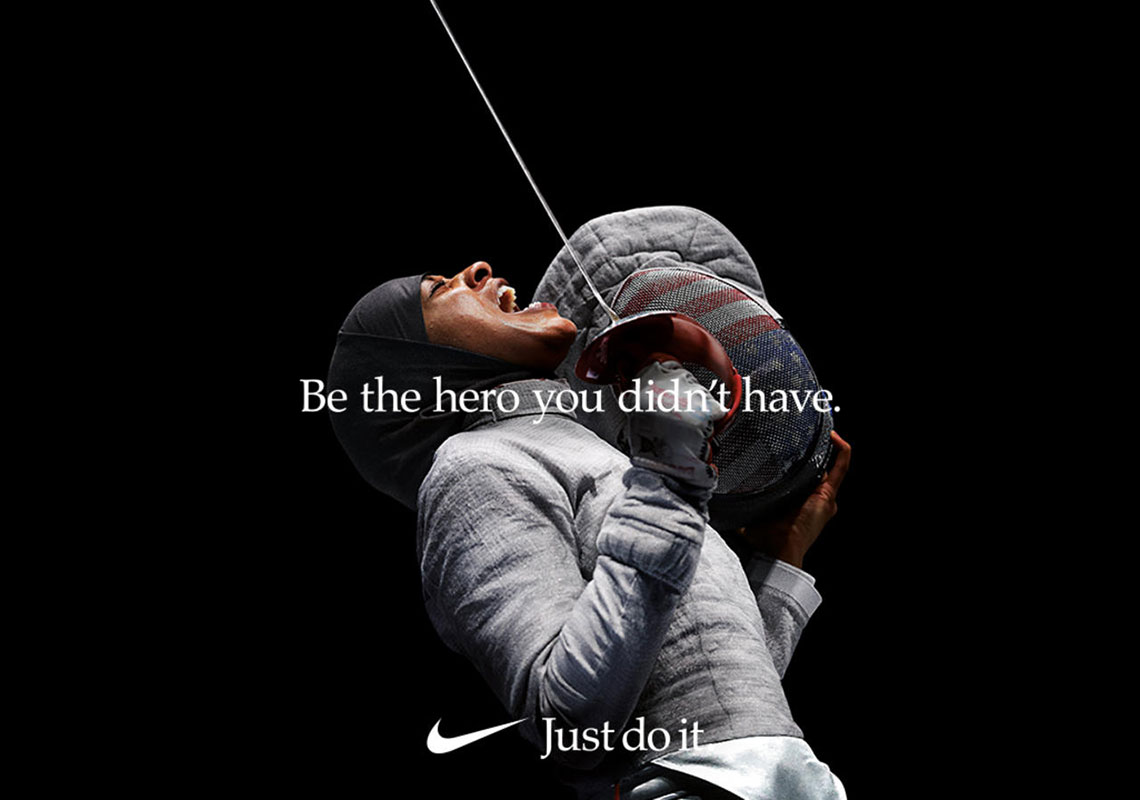Nike (and more importantly Serena Williams)

Nike’s “Dream Crazier” Campaign
Aptly titled for its subject matter, “Dream Crazier” is Nike’s newest marketing campaign. Unlike its title, the ad’s focus on female empowerment doesn’t seem like a crazy choice for Nike to make. According to a report from Edelman, 64% of consumers are driven by their beliefs when purchasing. As a result, brands continue to take a stand on cultural and social issues in their marketing, making ads like this less surprising.
Arguably, elevating women is a less contentious social issue today than say the messaging in Gillette’s “The Best Men Can Be” ad on toxic masculinity and even Nike’s own “Dream Crazy” campaign featuring Colin Kaepernick.
However, Nike’s messaging still subverts a dominant narrative about women in sports by emphasizing that gender does not impede female athletes’ abilities to dominate. The rhetoric here is relevant and powerful, considering the status of professional sports:
- Forbe’s Top 100 Highest-Paid Athletes list featured zero women for 2018.
- The NBA earns 100x as much as the WNBA from their deal with ESPN, and ESPN devotes as little as 2% of airtime to women’s sports.
- In 2017, a year after the U.S. women’s soccer team began their fight for equal pay where many players made as little as 40% of what their male counterparts earned, the women’s team received a substantial pay raise (but still not equal pay) and settled the disagreement.
The stats go on, but here is where Nike’s branding fits in. Tropes that follow the reductive and patronizing “run/throw like a girl” rhetoric feed major sports networks’ and team owners’ perceptions of who deserves more airtime and more pay.
Nike aims to challenge this assumption and inspire dreams in the current and next generation of female (and more broadly non-able-bodied male) athletes. They do this by having one of the best athletes in history, Serena Williams, narrate the ad, as well as by featuring several prominent female athletes including Sarah Reinertsen, Caster Semenya, and Tatyana McFadden.
The packaging of this ad is nothing new. As author Joshua Hunt previously wrote about the “Dream Crazy” campaign, “Colin Kaepernick has a dream, and selling dreams is Nike’s business.” Nike is selling the dreams of females everywhere.
Ironically, this progressive stance has garnered backlash. Nike’s problematic labor practices have often overshadowed their efforts at appearing socially conscious. Until Nike demonstrates a powerful and public commitment to advancing the rights of their laborers, consumers are stuck with a collection of marketing campaigns that inspire both equality in sports and ethical dilemmas.
https://www.youtube.com/watch?time_continue=90&v=whpJ19RJ4JY
Why this campaign works in a nutshell, each of which is honestly deserving of their own post:
- It features a host of female powerhouses who deserve recognition. They also pool from an incredibly diverse group, spanning niche sports, different races, and able-ness. Athletes include Simone Biles, an Olympic gold medal gymnast; Chloe Kim, an Olympic gold medal snowboarder; Caster Semenya, a South African 800-meter runner who has faced scrutiny for her naturally high levels of testosterone; Tatyana McFadden, a Paralympian wheelchair racer.
- They call out a timeless (a shoulda, woulda, could-be anachronistic) double standard. While the word crazy was chosen for their previous campaign, it holds more weight here because of its close association with gendered stereotypes. When women show emotion — e.g., cry, express anger, or get competitive — they’ve been called crazy, hysterical, too emotional, or too domineering. This ad reclaims crazy as more than just a sexist remark and turns it into something that women can and should own. Crazy becomes doing something powerful and unbelievable.
- Nike showcases that they are a challenger brand, which helps them stay interesting. As Jeff Brooks, CMO of Casper, notes, “A lot of challenger brands often spend time thinking about who or what they’re fighting against and not necessarily who or what they’re fighting for.” Nike is positioning themselves as a brand that wants to stay culturally relevant, which, as we mentioned above, is becoming more and more important to consumers.
